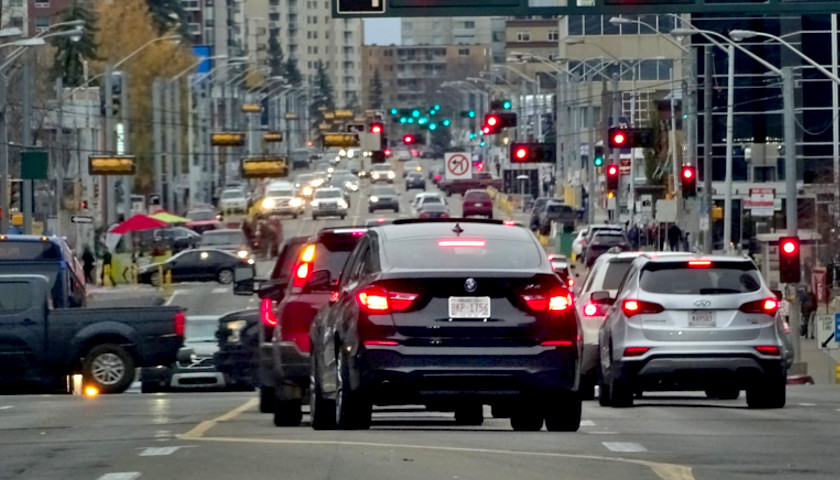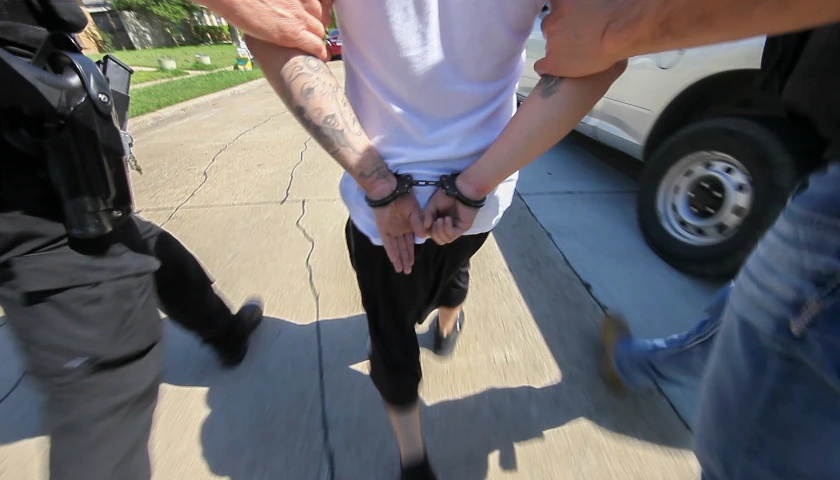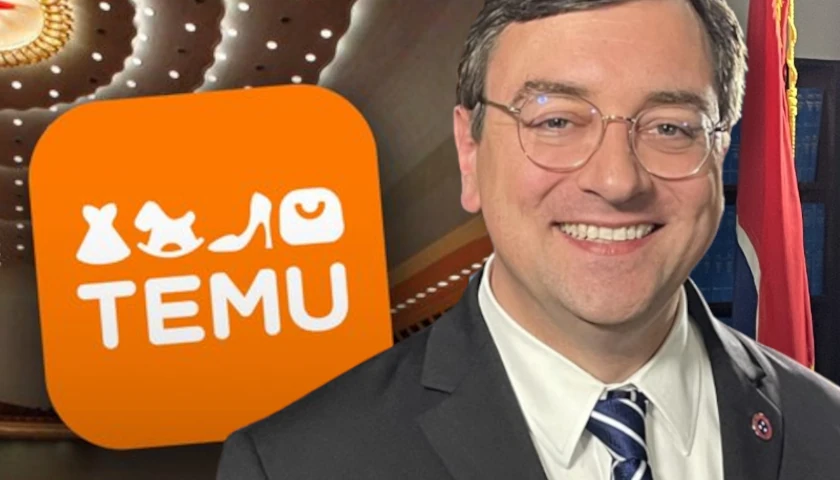by Tyler Arnold
The Virginia Supreme Court has ruled Fairfax County’s mass collection of vehicle license plate numbers does not violate legal privacy protections in a decision criticized by civil liberty advocates.
The Fairfax County Police Department won a lawsuit that challenged its use of automated license plate readers, which tracks times and locations of drivers. Because the court ruled the information the readers compile is not legally protected as personal, identifying information, Fairfax Police and other police departments in the commonwealth can continue to use them.
The automated cameras, which can be mounted on police vehicles, traffic lights and road signs, collect and store the data even if a driver is not suspected of committing a crime. Police can access the data for 364 days after its entry into the system.
“Security and privacy can both be protected without giving police the unregulated power to collect private information ‘just because’ and ‘just in case,’ ” Claire Gastañaga, executive director for the American Civil Liberties Union of Virginia, said in a statement.
The ACLU litigated the case on behalf of Harrison Neal, a Fairfax County resident whose license plate data was collected despite not being suspect of any criminal activity.
“Where we go and when is personal,” Gastañaga said. “Use of [these readers] and other surveillance technology without a warrant or even the active intent to identify a particular person suspected of a crime means that police can track people who are going to protests, medical clinics and houses of worship, and this personal information sits in a database for a year whether you’re suspected of a crime or not.”
According to the judge’s ruling, the data collection is legal because it does not include the name or personal or other identifying particulars of a person, which would be prohibited by law.
The ruling overturned a lower court ruling that would have prohibited the use of the readers.
– – –
Tyler Arnold reports on Virginia and West Virginia for The Center Square. He previously worked for the Cause of Action Institute and has been published in Business Insider, USA TODAY College, National Review Online and the Washington Free Beacon.





